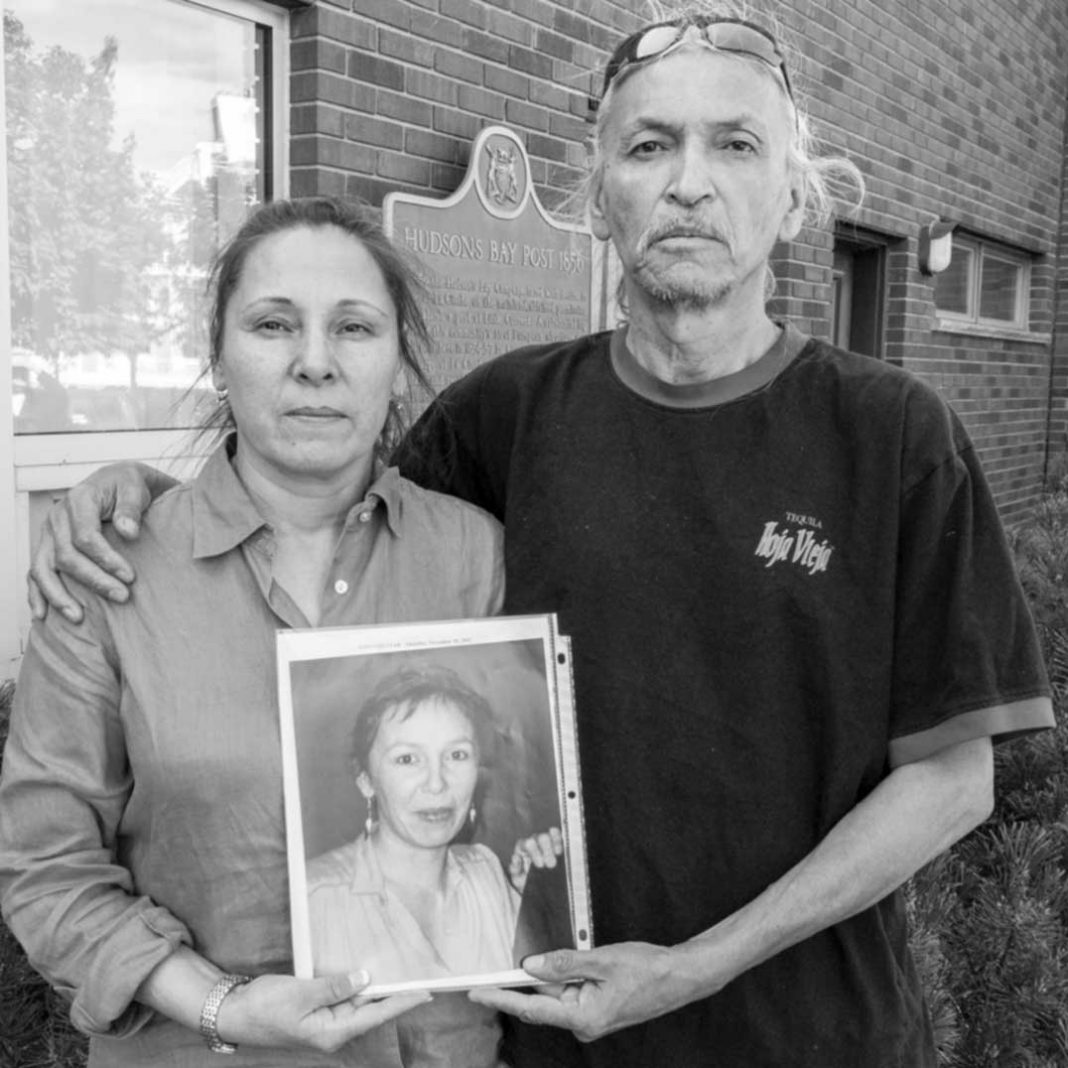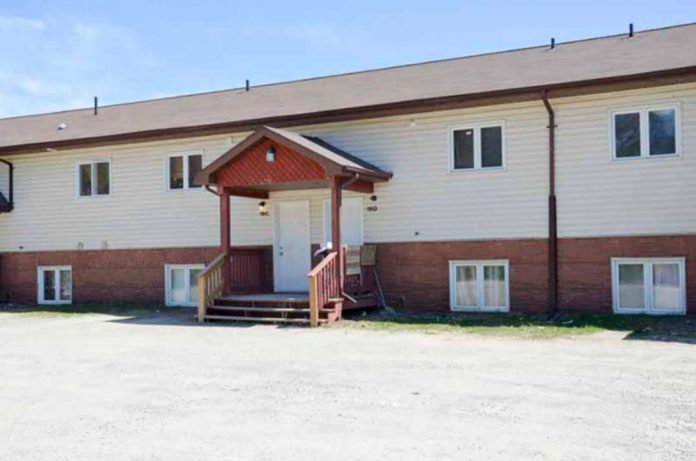TORONTO—The loss of a loved one ripples across the lives of those family members left behind. “People do not really understand the impact,” said Maggie Cywink, the newly appointed provincial special advisor who will act as a liaison between the families of murdered and missing indigenous women and girls and the province as a national inquiry into their fate gets underway. “For every loved one that has been lost there are X number of family members who have had to deal with that loss.”
Ms. Cywink, a member of the Whitefish River First Nation, is sadly not “uniquely” qualified for her role, given the number of missing and murdered, but as a life-long activist who has campaigned tirelessly to bring the issue of murdered and missing indigenous women out of the shadows and into the national consciousness, she is most definitely qualified. Ms. Cywink is very passionate about her work, a part of that passion is very personal—her own sister is one of the missing and murdered women. “In my case there are 10 siblings who have been impacted,” she said. “Our sister was murdered. How many people have to live with that sorrow and pain?” Sonya’s murder has never been solved. “The pain never goes away,” she said.
The danger inherent in the national inquiry process is the potential for reopening those still very raw wounds and traumatizing family members repeatedly. The inquiry body is very much aware of that and much of the long run-up to the commencement of the inquiry’s main work is focussed on ensuring the necessary supports, such as counselling and elders and making other supports available to assist in minimizing that trauma.
“The families must walk ahead of me and I follow behind,” said Ms. Cywink, emphasizing that while the inquiry will be very empowering for families in providing families an opportunity to share the stories of their loved ones, how they were not simply statistics in a dusty coroner’s record book, but living breathing people with dreams, children they loved, brothers, sisters, parents, grandparents, aunts, uncles and friends who continue to live in pain.
Ms. Cywink sees her role as ensuring the process proceeds informed by the families’ point of view. “It is definitely not one size fits all,” she said. The process must respect the voice of the family and its needs.
As part of its approach, the province has instituted a family information liaison unit (FILU) office with the goal of providing the necessary supports to families and survivors as well as acting as a bridge between the families and government agencies.
In that respect there is a great deal of specific information that has to be taken into account. There are a lot of government agencies that may be involved in each case to varying degrees. “The police investigation, court proceedings, child welfare offices and the coroner’s investigation,” she said, naming a few of those agencies.
Although the main FILU office is based in Toronto, three field offices have been established: one each in Sudbury (Shkagamik-Kwe Health Centre), Thunder Bay (Anishnawbe Mushkiki) and Sioux Lookout (Equat-wuk Women’s Group) and funded with part of the $9 million portion of the $16.7 million that was set aside for the MMIWG inquiry by the federal Department of Justice to set up the units across the country.
Families of the MMIWG often come from economically disadvantaged and isolated social groups, often beset with generations of trauma and the dislocating legacy of the residential school system. This is a group for whom dealing with the government has nearly always been fraught with negative reactions and for whom the phrase “I am from the government and I am here to help you” has been very much a familiar oxymoron. The result is a culture characterized by a nearly complete lack of trust in government agencies and operatives.
Trust is a major issue when it comes to ensuring that the FILU can be effective in its work, made all the more challenging when it is a stranger who is asking them questions.
Although in many cases supports lie in the traditional culture of the First Nation from which the family comes, that is not always the case. “It is all about providing the supports the family needs,” said Ms. Cywink. “I know some of the family members don’t follow the Anishinaabe way, some families may be very Catholic, the church may play a large role in their lives and they want the parish priest. We have to respect the family’s wishes.”
At the moment, much of Ms. Cywink’s work involves getting to know the families and building up the trust levels needed to be able to best serve their needs. “I try to know the families personally,” she said. No small task when one realizes that there are over 200 families impacted by the MMIWG in Ontario. “We are building the relationships slowly, carefully,” she said.
“It’s not a 9 to 5 job,” she said. “All families are not available during office hours. Some are working, others have obligations that keep them busy during the day.” She often finds herself working until 7, 8 or 9 pm. “It could be a Saturday or a Sunday.” Ms. Cywink noted that she is well aware of the need to keep herself safe throughout this process.
“I can’t help the families if I am not comfortable in my own journey,” she said.
The contact number for the Sudbury FILU office is 705-675-1658. Thunder Bay can be reached at 807-624-1879, Sioux Lookout can be reached at 807-737-4877 and the Toronto number is 416-212-4111. As the special adviser, Maggie Cywink can be reached at 416-212-1972. Further information can also be found at the national inquiry into the MMIWG website www.mmiwg-ffada.ca.





